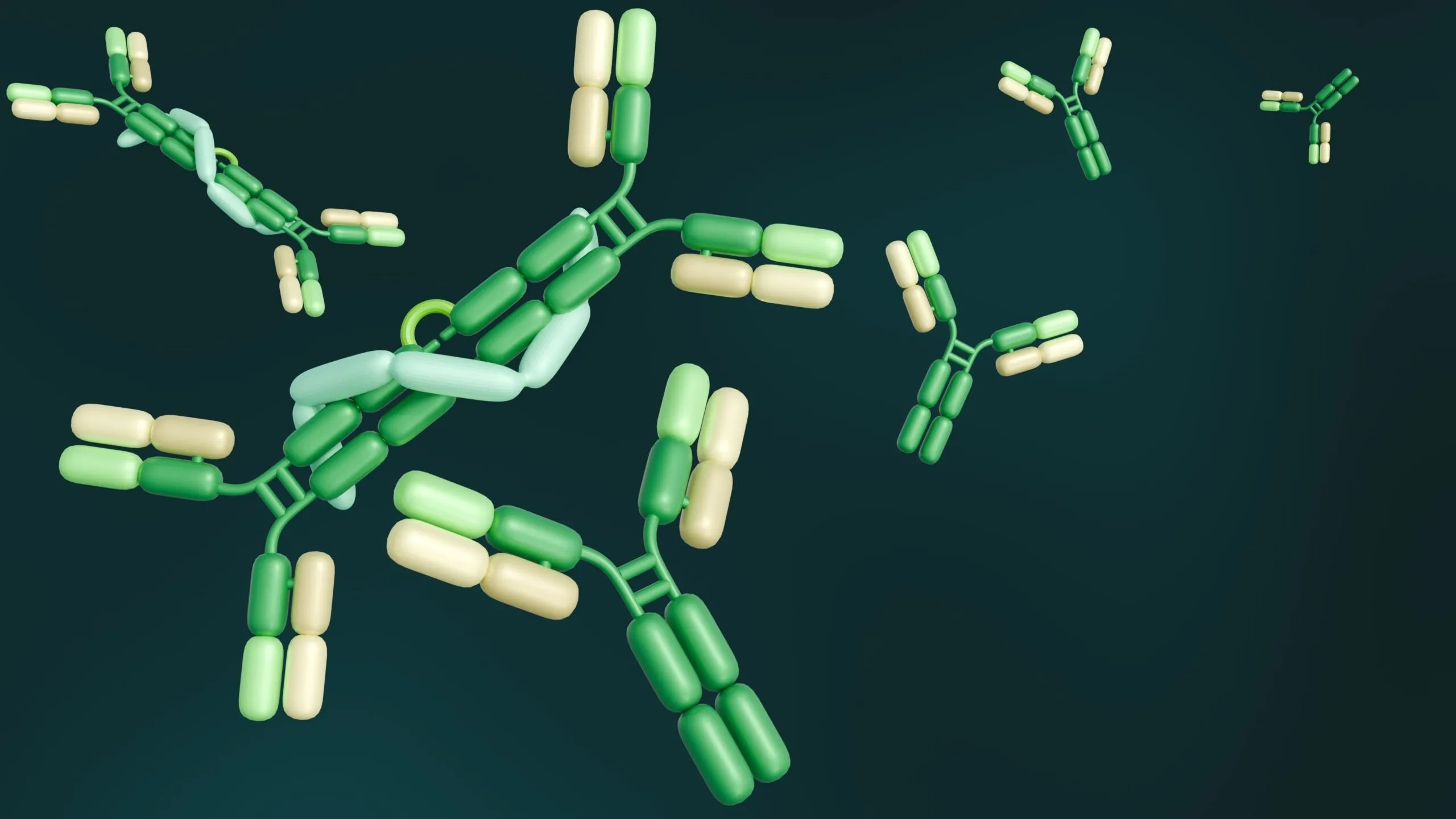
Legend Biotech Corporation a global leader in cell therapy, recently unveiled groundbreaking results from the Phase 3 CARTITUDE-4 clinical trial, further cementing the efficacy of CARVYKTI® (ciltacabtagene autoleucel; cilta-cel) in treating relapsed or lenalidomide-refractory multiple myeloma. These results, presented at the 66th American Society of Hematology (ASH) Annual Meeting in San Diego, reveal that a single infusion of CARVYKTI® achieved significantly higher minimal residual disease (MRD) negativity rates compared to standard therapies.
Key Findings on MRD Negativity
MRD negativity serves as a critical prognostic marker for prolonged survival in multiple myeloma. In the CARTITUDE-4 study, CARVYKTI® demonstrated an MRD-negativity rate of 89% at the 10⁻⁵ threshold, compared to just 38% among patients treated with standard therapies (p < 0.0001). Notably, these results were observed after a median follow-up of nearly three years (34 months).
Furthermore, CARVYKTI® induced rapid and sustained MRD-negativity, with 69% of MRD-evaluable patients achieving this milestone by day 56. Sustained MRD negativity for at least 12 months was achieved in 52% of patients treated with CARVYKTI®, compared to only 10% in the standard therapy group.
Dr. Yi Lin, a hematologist and oncologist at the Mayo Clinic, highlighted the significance of these findings:
“The MRD data underscores the transformative potential of CARVYKTI®. This therapeutic option offers a pathway to improved progression-free survival (PFS), overall survival (OS), and MRD negativity, even as early as the second line of treatment.”
Study Overview
The CARTITUDE-4 trial compared CARVYKTI® against standard therapies of pomalidomide, bortezomib, and dexamethasone (PVd), or daratumumab, pomalidomide, and dexamethasone (DPd). A total of 419 patients with relapsed or refractory multiple myeloma were enrolled, all of whom had received one to three prior lines of therapy and were refractory to lenalidomide.
These findings build on the success of earlier trials, such as CARTITUDE-1, which demonstrated the potential of CARVYKTI® in patients with more advanced disease. A post-hoc comparison of the two studies revealed that administering CARVYKTI® earlier in the treatment regimen yields superior MRD negativity, PFS, and OS outcomes.
Regulatory Milestones and Global Reach
Based on data from CARTITUDE-4, the U.S. Food and Drug Administration (FDA) and the European Commission (EC) approved CARVYKTI® earlier this year for adults with relapsed or refractory multiple myeloma who have received at least one prior line of therapy. This marked a significant milestone as CARVYKTI® became the first and only BCMA-targeted CAR-T therapy approved for patients in this category.
CARVYKTI® is now commercially available in five countries and has been utilized by over 4,500 patients globally.
Dr. Ying Huang, CEO of Legend Biotech, expressed optimism about the therapy’s impact:
“CARVYKTI® represents a major advancement in cancer therapy. Our ongoing efforts are focused on improving outcomes and quality of life for patients facing incurable diseases.”
Safety Profile and Warnings
While CARVYKTI® shows remarkable efficacy, it is accompanied by notable risks, particularly in the early post-treatment period. Early mortality rates within 10 months of randomization were slightly higher in the CARVYKTI® arm (14%) compared to the control arm (12%). The causes included disease progression prior to infusion and adverse events post-infusion, with infections being the most common.
Key adverse events associated with CARVYKTI® include:
- Cytokine Release Syndrome (CRS): Occurring in 84% of patients, CRS symptoms range from fever and hypotension to more severe manifestations like respiratory failure.
- Neurologic Toxicities: Conditions such as ICANS and parkinsonism were observed, with ICANS affecting 13% of patients.
- Prolonged Cytopenias: Severe and recurrent cytopenias were reported in 62% of patients.
Patients receiving CARVYKTI® require close monitoring, particularly in the first 10 days post-infusion, to manage these risks effectively. The therapy is administered through a Risk Evaluation and Mitigation Strategy (REMS) program to ensure safety.





